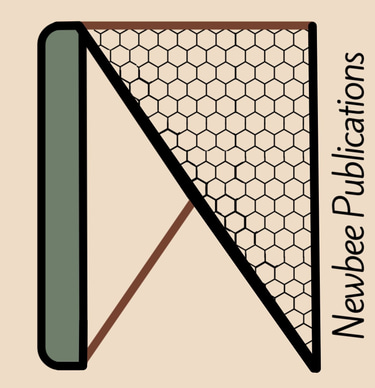Ready to Improve Their Handwriting?
Done the pleasant way!
"I think of my drawing style like handwriting: it's a mix of whatever handwriting you're born with, plus bits and pieces you've pilfered from other people around you."
- Roz Chast
Is Your Child...
Does your child encounter challenges with handwriting? Do they complain that their hands get tired too quickly when they are writing? If you find yourself scratching your head about how you can support them with this, then look no further than our Ready To Improve handwriting book.
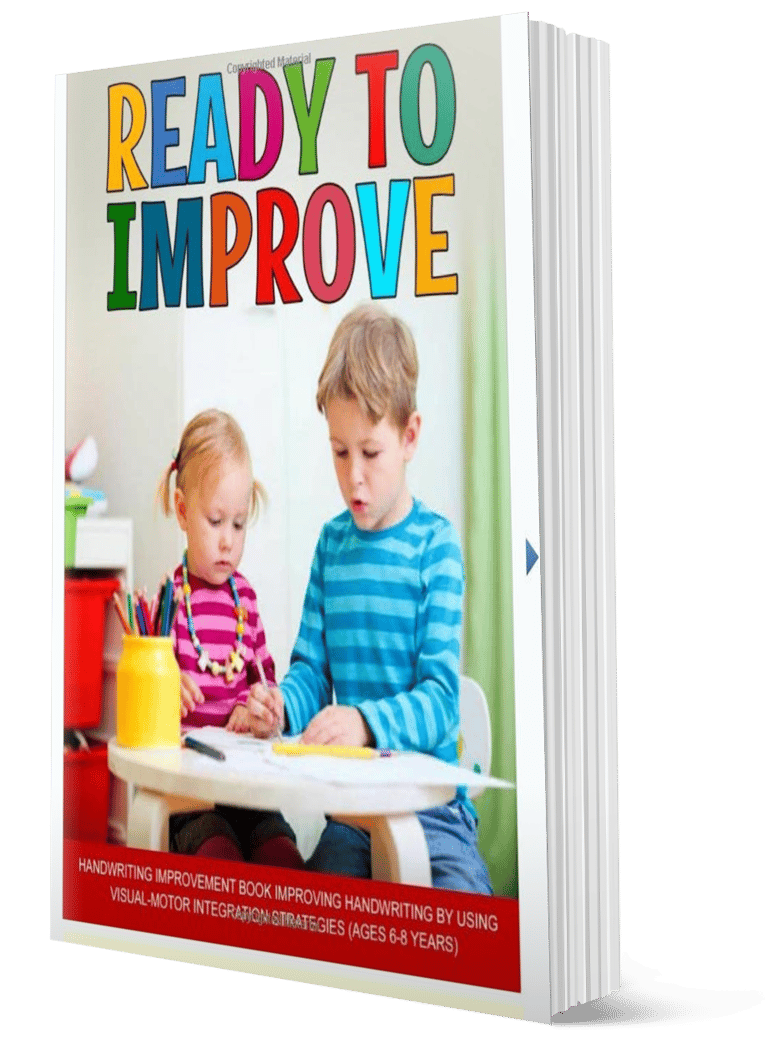

Why Should You Have This Book?
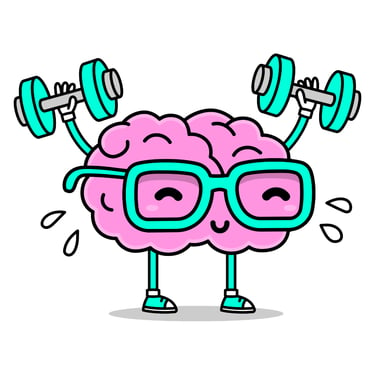

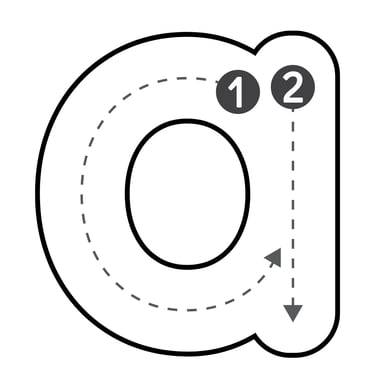

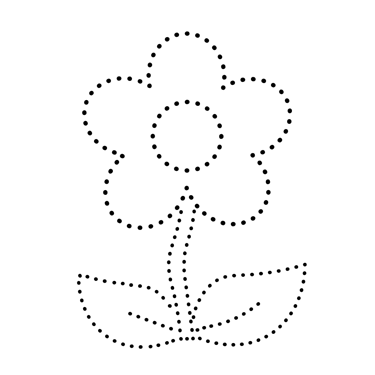



Fun and Visual:
There are many fun activities towards the end of the book, which serve as a reward to acknowledge how hard your child has been working.
Traceable Content:
A lot of the content in the book is traceable, making it very easy to start out and just follow along.
Fun designs:
With engaging designs, this book makes it very engaging for young children.
Progressing Difficulty:
Activities in the book start out simple and get increasingly more challenging as your child gets more practice. This helps to keep them motivated to keep wanting to do it.
What's Inside?
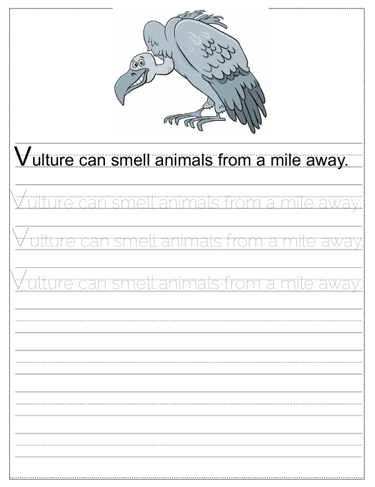

As you can see from the images above, the book has many engaging and fun pages for your children to keep themselves entertained as they practice!
Is $12 too much for a simple and enjoyable activity for your young child?
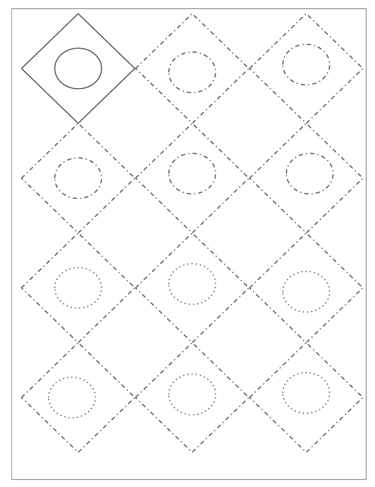

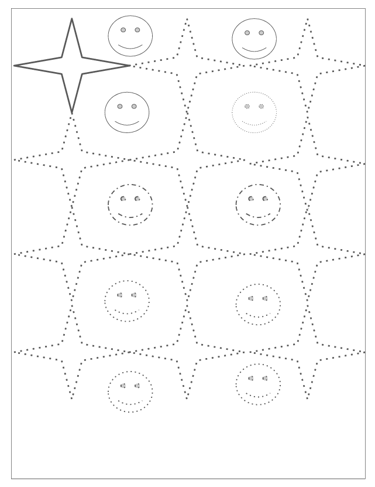

FAQ's
1. What is the purpose of this book?
This book is designed to guide young learners (ages 6–8) through progressive stages of handwriting. It starts with simple design and tracing exercises to build fine motor control and visual-motor coordination, and gradually moves into actual letter formation, words, and sentences. It helps children develop legible handwriting in a fun, confidence-building way.
2. What skills does the book help develop?
Fine motor and hand strength — through repeated tracing and design work
Visual-motor integration — coordinating what the eye sees with hand movement
Motor planning and control — planning strokes, curves, spacing
Letter formation and penmanship — progressing from shapes to letters to words
Confidence and fluency — reducing frustration by scaffolded steps
3. How is the book structured (what is the typical progression)?
Here’s a rough outline of how learners advance:
Warm-up / design patterns — simple shapes, lines, curves, decorative patterns
Tracing shapes & with guidance — guided tracing of shapes, loops, strokes
Basic strokes & components — parts of letters (lines, arcs, loops)
Individual letters — uppercase and lowercase guided handwriting
Words & short sentences — combining letters into small words and sentences
Independent writing practice — free writing using skills built earlier
This gradual progression ensures learners build a foundation before tackling more complex writing tasks.
4. How often should a child use this book to see progress?
Ideally, daily or almost daily short sessions (10–15 minutes) are better than occasional long sessions.
Consistent, focused practice helps reinforce muscle memory, reduce fatigue, and build confidence.
5. Do children need any special tools (pens, pencils, etc.)?
Children will need:
A pencil (preferably with a good grip)
An eraser
Possibly colored pencils or a fine-tip marker for incentive/tracing
You may also provide a comfortable writing position, proper grip guidance, and good lighting.
6. Is this book suitable for absolute beginners, or do children need prior handwriting experience?
Yes — it is suitable for beginners. Because it starts with simple designs and tracing, even children with minimal handwriting experience can follow along. The gradual ramp-up helps prevent overwhelming learners.
7. What age or grade level is this book intended for?
The book is targeted at children aged approximately 6 to 8 years old (i.e. early primary school). It is aligned with early handwriting development stages for that age group.
8. How do you measure a child’s improvement?
You can track progress by:
Comparing early vs. later pages (neater lines, fewer errors)
Timing how long it takes to complete a page more smoothly
Seeing increased confidence and willingness to write
Noting improvements in spacing, letter shape consistency, alignment
9. What do parents or teachers need to watch out for?
Fatigue — avoid long sessions that tire the hand
Frustration — keep it positive; praise small gains
Poor grip — correct pencil grip early
Sloppy posture — ensure the child sits upright, with proper paper angle
Rushing ahead — ensure mastery of earlier pages before skipping forward
10. Can this book be used alongside school handwriting programs or curricula?
Absolutely — it can complement school work. Because it reinforces foundational skills, it can help children reinforce the handwriting techniques taught in class. You may wish to align its exercises with the school’s script or style (e.g. block, cursive, slanted).
11. What makes this book different from other handwriting practice books?
It progresses from easy to complex (design → letters → sentences)
It emphasizes visual-motor integration strategies early on
It balances skill-building with creativity
It’s tailored specifically for ages 6–8, bridging design play with real writing
12. Are there suggestions for extensions or adaptations?
Add fun themes or prompts (e.g., write about your pet, favorite food)
Use colored pencils for tracing before pencils
Encourage copying short poems or quotes once confident
Incorporate handwriting in real tasks (letters, cards, labeling)
Use timed “speed-then-neat” drills as children grow in ability
13. Will this book help with cursive or joined-up writing later?
Yes — by building strong control of basic letter shapes, spacing, and consistency, children are better prepared for more advanced skills like cursive or joined writing later. Once they master print style, transitioning to cursive becomes smoother.

Got Any Feedback?
Let us know if there is anything we can add to this book that will help you to buy it. Similarly, if there is something you don't like about our book or this webpage, please let us know!
We want to make this book as beneficial as it can be for as many people as possible and your feedback is crucial for that!
Similar Products


Childrens' Learning Resources
Empower your children’s future by inspiring them to build and create.
Not quite what you were looking for?




Health and Wellbeing Books
Unlock your potential with our carefully curated collection of well-being books, specifically crafted to enrich your mental and emotional health journey.
Professional Resources
Boost Your Personal and Professional Journey with Newbee Publication.
Contact us:
